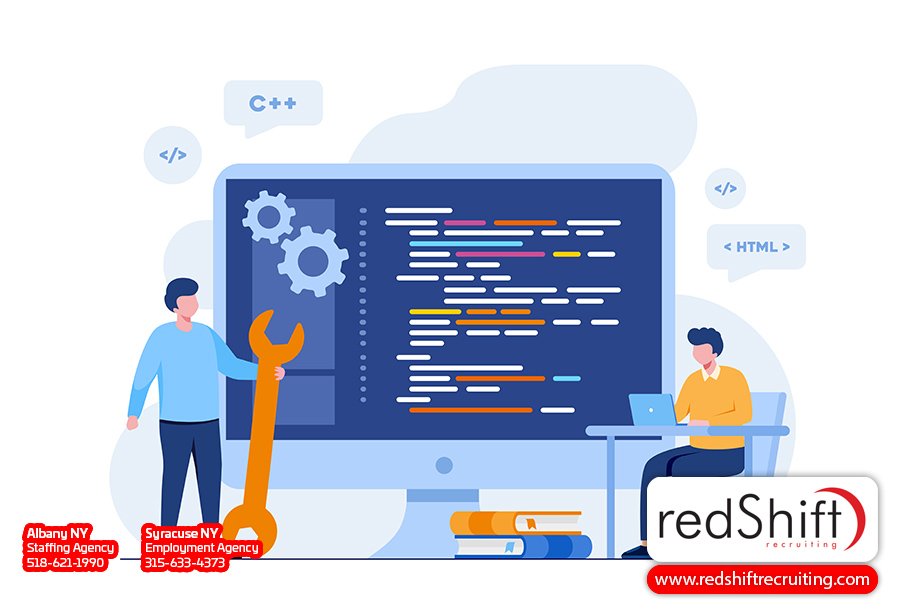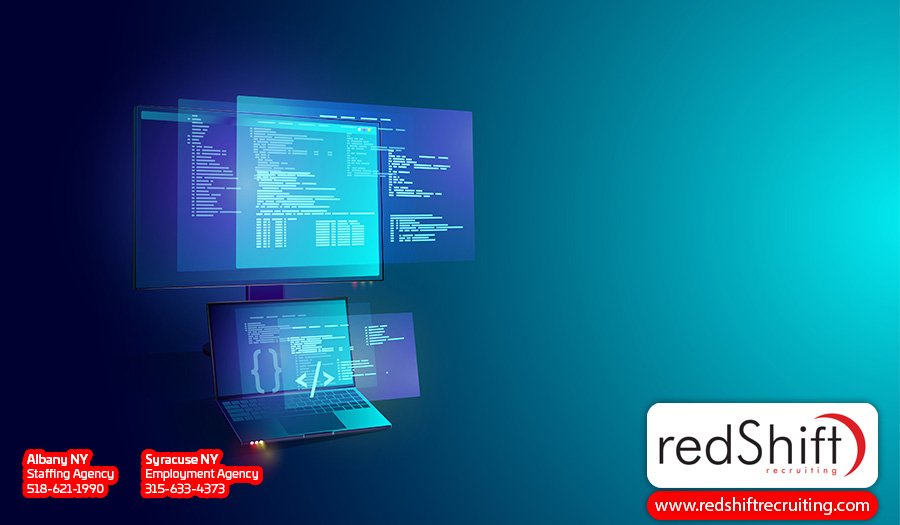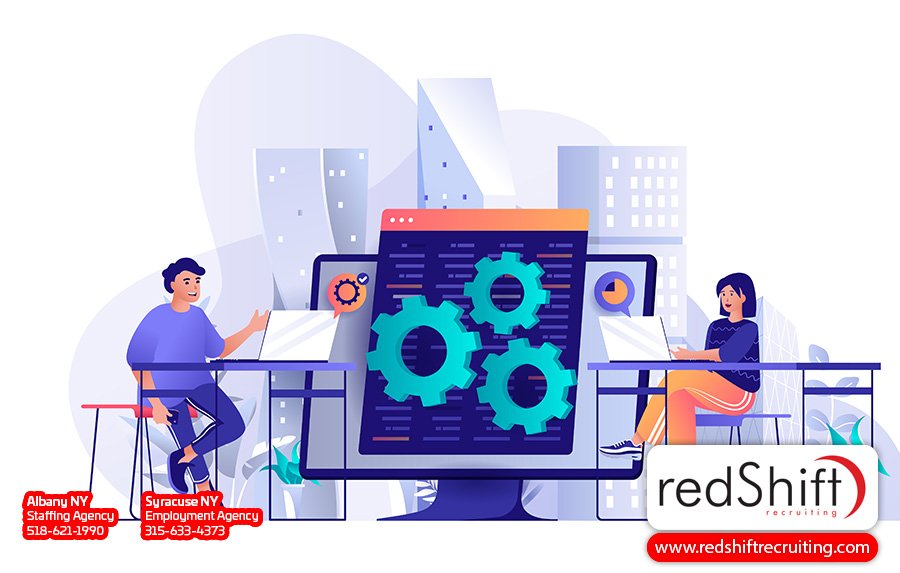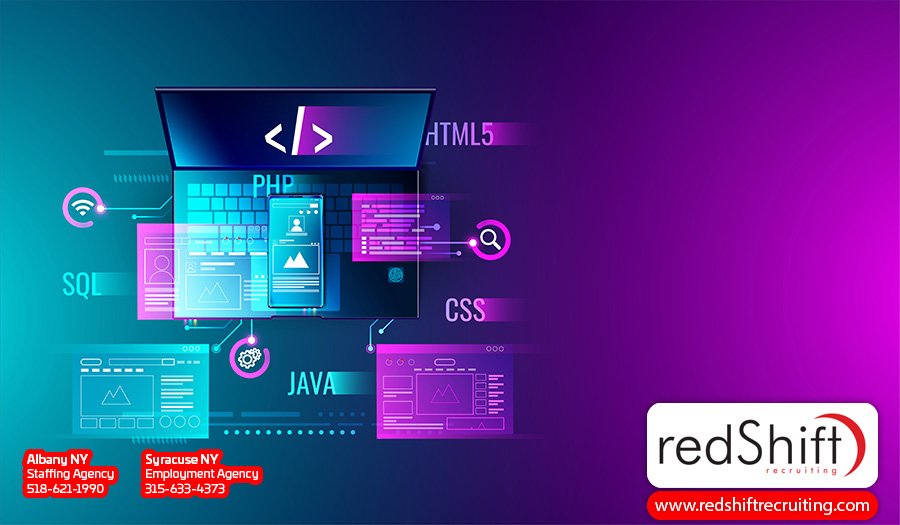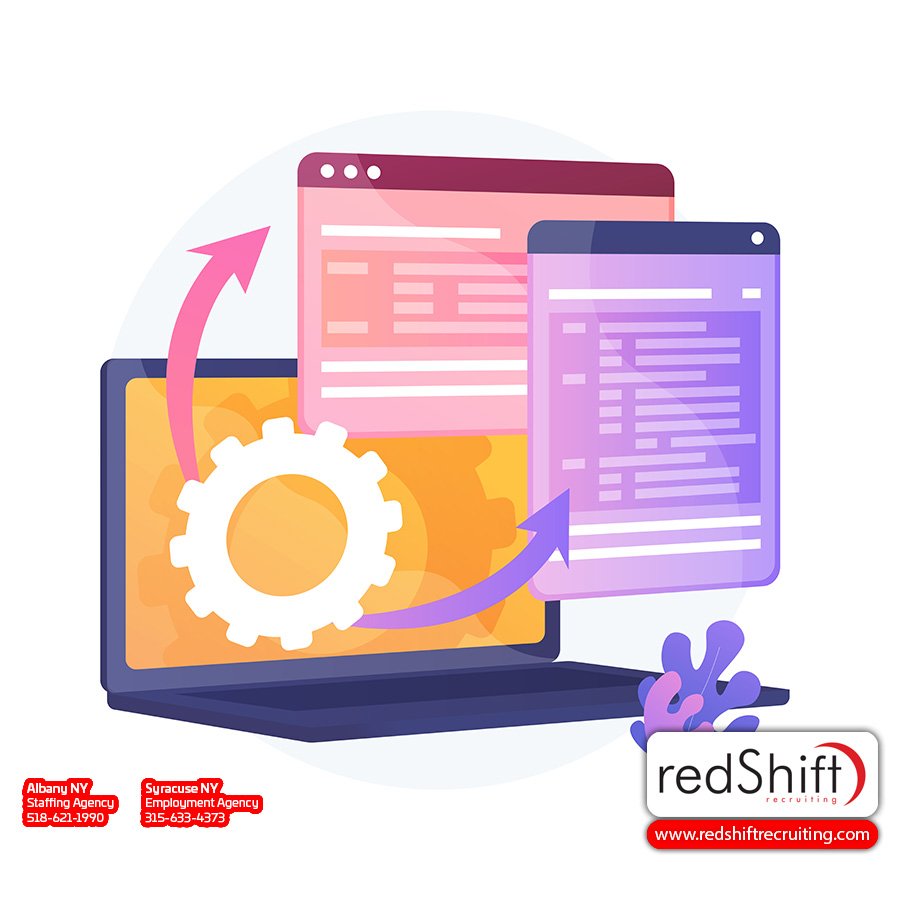
Choosing a Programming Language: Python, Java, C++, and Beyond
Introduction to Programming Languages
If you're diving into the world of programming, choosing a programming language (the right one) can be daunting. But fear not! In this article, we'll guide you through the process of selecting the perfect programming language for your needs.
Whether you're interested in Python's simplicity, Java's versatility, or C++'s power, we've got you covered. We'll also explore other noteworthy languages to expand your options.
So let's get started on this exciting journey to find your first programming language to match!
When deciding which programming language to learn, you'll want to consider factors such as ease of use and versatility. Choosing a specific programming language also is an important decision, especially if it's your first one.
There are several popular programming languages to choose from, each with its own strengths and weaknesses. A general-purpose programming language like Python is often recommended for beginners due to its simplicity and readability. It is widely used in various domains such as web development, data analysis, and artificial intelligence.
On the other hand, more specific programming languages like Java or C++ may be better suited for certain applications or industries.
Ultimately, the best programming language for you will depend on your goals and interests. Take the time to research and explore different options before making your choice.
Understanding Programming Languages
Understanding different programming languages can help developers determine which language is best suited for their specific needs. With a wide range of options available, such as Python, Java, and C++, it is crucial to have a clear understanding of the strengths and weaknesses of each language. For new developers looking to enter the world of software development, this knowledge becomes even more essential.
When it comes choosing programming languages used to web development, languages like Python and JavaScript are popular choices due to their versatility and ease of use. On the other hand, Java is often preferred for building robust and scalable enterprise applications. For mobile app development, languages like Swift (for iOS) and Kotlin (for Android) are commonly used.
If you're interested in machine learning or data analysis, Python as chosen programming language's extensive libraries make it a top choice. Lastly, for low-level systems programming or embedded devices, C remains the go-to language.
Deep Dive into Python
Python's versatility and extensive libraries have made it a popular choice for various applications, including web development, data analysis, and machine learning. When diving deep into Python as a programming language, it is important to understand its strengths and relevance in the industry.
Here are three key points to consider:
Easy to learn and read: Python's simple syntax allows beginners to grasp the fundamentals quickly, making it an ideal language for those starting their programming journey.
Rich library ecosystem: Python boasts a vast collection of libraries that offer ready-made solutions for common tasks. This saves time and effort by eliminating the need to reinvent the wheel.
Strong community support: The Python community is known for its active engagement and supportiveness, providing resources, tutorials, and forums where developers can seek help or share their knowledge.
Deep Dive into Java
Java's popularity and robustness have made it an excellent choice for developing enterprise-level applications and Android apps.
As a widely-used programming language, Java offers a versatile development environment that supports the creation of various software solutions.
It is one of the leading languages in the field of computer science, with many mainstream companies and projects relying on its capabilities.
Whether you are interested in app development or diving deeper into Java as your chosen language, learning this popular programming language can open up numerous opportunities for you in the world of technology.
With Java's extensive libraries, powerful tools, and cross-platform compatibility, you can create efficient and scalable mobile apps that cater to a wide range of devices and operating systems.
Deep Dive into C++
If you're interested in expanding your programming skills, diving deep into C++ can open up a world of possibilities for you. As a widely-used programming language, C++ offers numerous benefits and applications. Here are three reasons why delving into C++ is worth considering:
Performance: C++ is known for its efficiency and speed. It allows low-level memory manipulation and direct hardware access, making it ideal for system or software development where performance is crucial.
Game Development: Many popular game engines like Unreal Engine and Unity utilize C++. By mastering this language, you can create high-performance games with complex graphics and physics.
Industry Adoption: Some big names like Microsoft, Google, and Facebook rely on C++ for their projects. By learning C++, you position yourself as a valuable asset to potential employers in these fields.
Other Noteworthy Programming Languages
When exploring other programming languages, you'll find that JavaScript, Ruby, and Go are popular choices for web development.
JavaScript is a widely used language for creating dynamic and interactive websites. It runs on all major web browsers and has a vast ecosystem of libraries and frameworks.
Ruby, along with its popular framework Ruby on Rails, is known for its simplicity and productivity in building web applications.
Go, developed by Google, is gaining popularity due to its efficiency and concurrency features.
Apart from web development, there are other noteworthy programming languages with various applications.
Python is a popular language for scientific computing and data analysis.
Java is commonly used for developing Android apps and enterprise-level software.
C++ remains prominent in game development, embedded firmware, and high-performance computing.
When choosing your first language or expanding your technology stack, consider the specific requirements of financial application for your project or desired domain such as healthcare-related applications or financial systems.
Overall, these new programming languages offer diverse opportunities in different fields, allowing you to belong to a vibrant community of developers working on exciting projects across industries.
Choosing the Right Programming Language
One important factor to consider when selecting a programming language is the level of community support available. Having a strong community behind a programming language can provide numerous benefits, such as access to libraries, frameworks, and resources that can help you overcome challenges and solve problems more efficiently.
When it comes to choosing the right programming language for your android app development or web applications, here are three key factors to consider:
Compatibility with multiple platforms: Look for a programming language that allows you to develop applications that can run on different operating systems and devices. This way, you can reach a wider audience and maximize your app's potential.
Front-end and back-end development capabilities: Consider a programming language like Java Spring that offers both front-end web development tools and back-end development capabilities. This will allow you to build robust and integrated web applications.
Popularity as a language to learn: Opting for a widely-used programming language has its advantages in terms of finding support, resources, and job opportunities within the programming community.
Considering these factors will help you make an informed decision when choosing the right programming language for your project, ensuring success in achieving your goals while feeling connected within the coding community.
Case Study: Choosing the Right Language in Practice
To successfully select the best programming language for your project, consider this real-world case study of how a company effectively made their choice.
In this case study, the company was developing a web application that required scalability and rapid prototyping. They carefully evaluated various options, including Python, Java, and C++. After analyzing all the components and requirements and considering factors such as ease of use, community support, and available libraries, they ultimately chose Python as their programming language.
Python's simplicity and readability allowed them to quickly develop and iterate on their project. Additionally, its vast ecosystem of libraries and frameworks provided the necessary tools to meet their scalability needs.
This case study highlights the importance of thoroughly evaluating different programming languages in the context of your specific project requirements to choose the right language that will enable you to succeed beyond expectations.
Frequently Asked Questions
What Are the Key Differences Between Dynamically Typed and Statically Typed Programming Languages?
Dynamically typed and statically typed programming languages have key differences. In dynamically typed languages, variables don't need to be declared with a specific type and can change their type during runtime. This allows for flexibility but may lead to more errors.
On the other hand, statically typed languages require variables to be declared with a specific type and cannot change their type during runtime. This ensures better error checking but may limit flexibility.
Understanding these differences is crucial in choosing the right language for your needs.
How Can I Determine Which Programming Language Is the Most Suitable for Developing Mobile Applications?
To determine the most suitable programming language for mobile app development, you need to consider several factors.
First, analyze the specific requirements of your project and assess which language aligns best with those needs.
Consider the platform you're targeting, as different languages have varying levels of support and compatibility.
Additionally, evaluate the community and resources available for each language to ensure you can easily find help and guidance when needed.
Are There Any Programming Languages Specifically Designed for Data Analysis and Scientific Computing?
There are programming languages specifically designed for data analysis and scientific computing. These languages provide powerful tools and libraries that cater to the needs of researchers and analysts. They offer features such as array operations, statistical functions, and data visualization capabilities.
Is It Possible to Switch Between Programming Languages During a Project, or Should I Stick to One Language Throughout?
It is possible to switch between programming languages during a project, but it is generally recommended to stick to one language throughout.
Switching to other languages can introduce additional complexity and may require learning new syntax and libraries.
Moreover, using multiple languages can make the codebase harder to maintain and collaborate on.
However, there may be cases where using different languages for specific tasks or integrating with existing codebases becomes necessary.
Ultimately, the decision should be based on the project requirements and your team technical manager's expertise.
What Are the Main Factors to Consider When Deciding Between a Compiled Language and an Interpreted Language for a Project?
When deciding between a compiled language and an interpreted language for your project, there are several factors to consider.
Firstly, think about the performance requirements of your project. Compiled languages tend to be faster as they are converted into machine code before execution.
On the other hand, interpreted languages offer more flexibility and easier debugging.
Additionally, consider the availability of libraries and frameworks in each language, as well as the level of community support for mainstream languages.
Ultimately, choose the option that aligns best with your project's specific needs and goals.
Conclusion
In conclusion, it is crucial to thoroughly evaluate different programming languages based on specific project requirements to ensure success. Aspiring web developers like you should consider learning multiple languages to expand your skill set and increase your marketability.
Here are three important factors to consider when choosing the right programming language:
Project Requirements: Consider the nature of your project, whether it involves data science or data visualization, as certain languages like Python may be better suited for these tasks.
Security Considerations: If security is a top priority, choose a programming language that has strong built-in security features and a robust community for support.
Learning Resources: Evaluate the availability of learning resources such as tutorials, documentation, and online communities for the language you are considering. Popular languages like PHP, Java, C++, and others often have extensive resources available.

